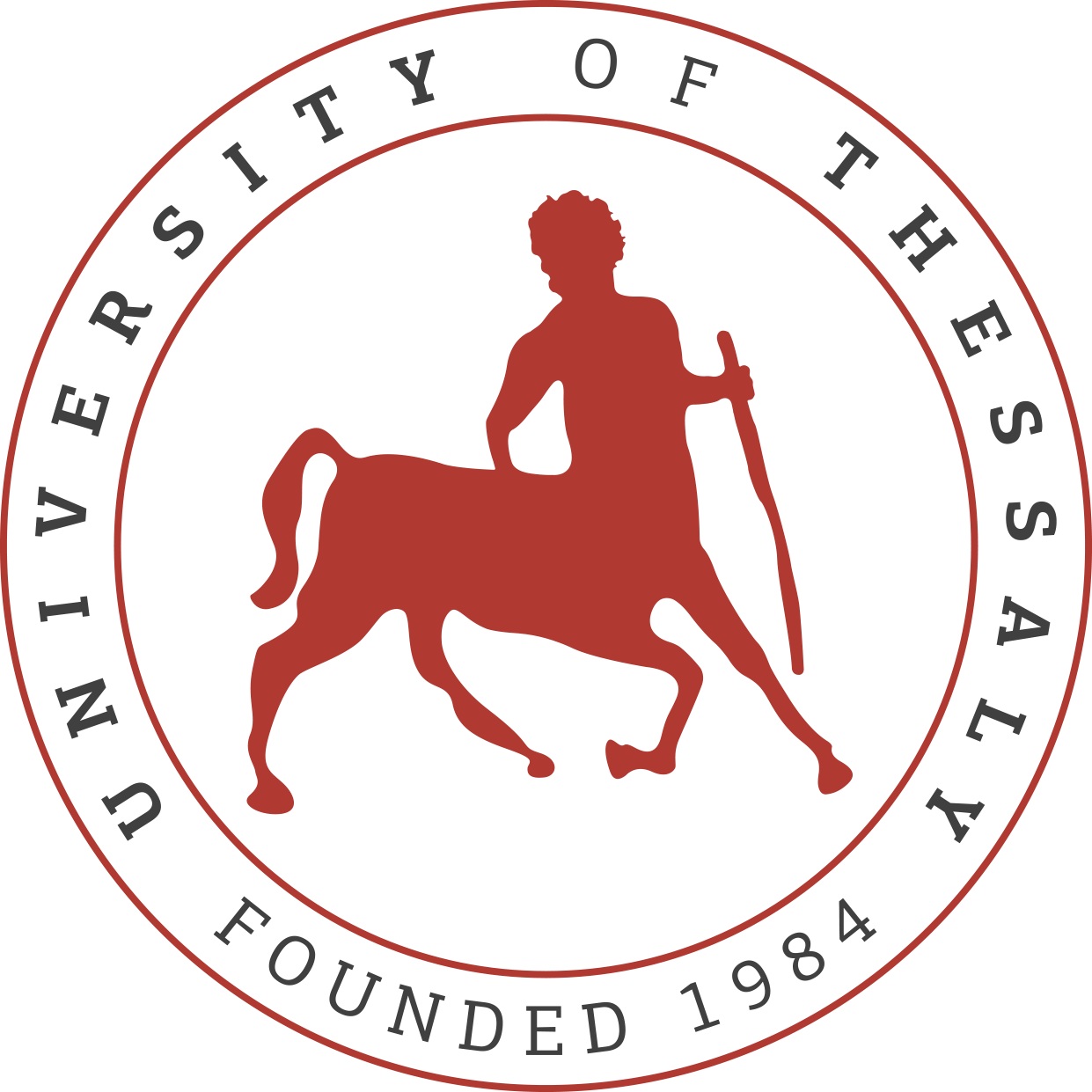Anthropology and Performance

Survivor Giorgos Dimopoulos shows me the photographic portrait of his father on the wall of the victims of the 1944 massacre at the “Municipal Museum of the Kalavrytine Holocaust”, Photo by K. Kalantzis, 2018.
Courses focusing on anthropology emphasize social analysis, the ethnographic method, and the theoretical and practical issues of representation. Students become familiar with fundamental concepts in anthropology and the social sciences, and are encouraged to reflect on the ethical, aesthetic, and political dimensions of representing the Other through various media such as texts, photographs, and documentaries. Simultaneously, they are introduced to the concept of performance in a broad sense—a field of inquiry that spans the arts and sports, as well as religious and secular rituals. Performance is explored both as a research subject and as a medium for analytical and creative expression, in connection with performance studies and writing. Students examine forms of performance related to cultural identity, activism, hybridity, displacement, locality, and technology (including digital performance). They are trained in visual communication and camera operation to convey cultural experiences and narratives through imagery, with an emphasis on the creation of original work. Theoretical and historical instruction in the concepts of artistic performance and writing is thus integrated with practical exercises and creative production. This training addresses the intersections of theory and practice and fosters students’ creative engagement with diverse social and artistic contexts.


